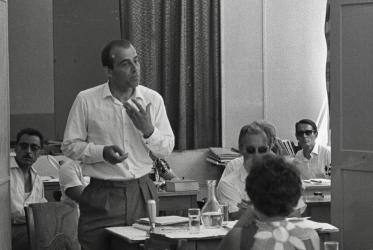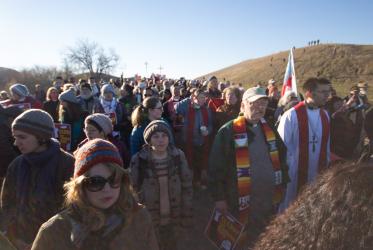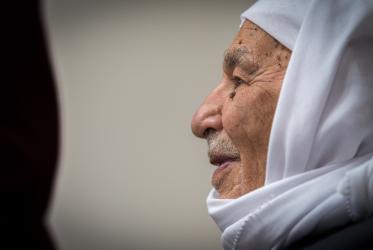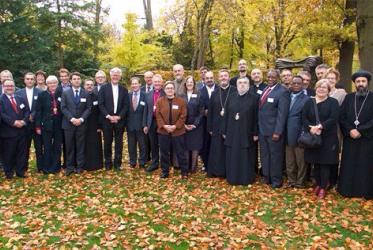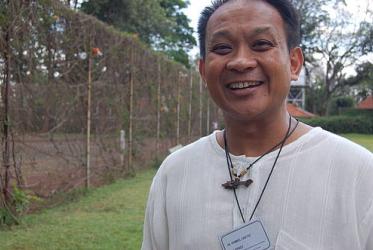Displaying 1 - 19 of 19
Forum strengthens ecumenical commitment to diakonia
12 October 2017
Tveit on the refugee situation: Churches can make a difference
05 November 2015
Local and global work saves lives
22 October 2015
The churches walk with refugees in Hungary
30 September 2015
Christians around the world pray for unity
22 January 2015
Water: a political issue needing political solution
27 October 2011
Ecological debt is a spiritual issue
31 August 2009
Indigenous voices speak to the churches
13 February 2006
January 2005
20 December 2004
